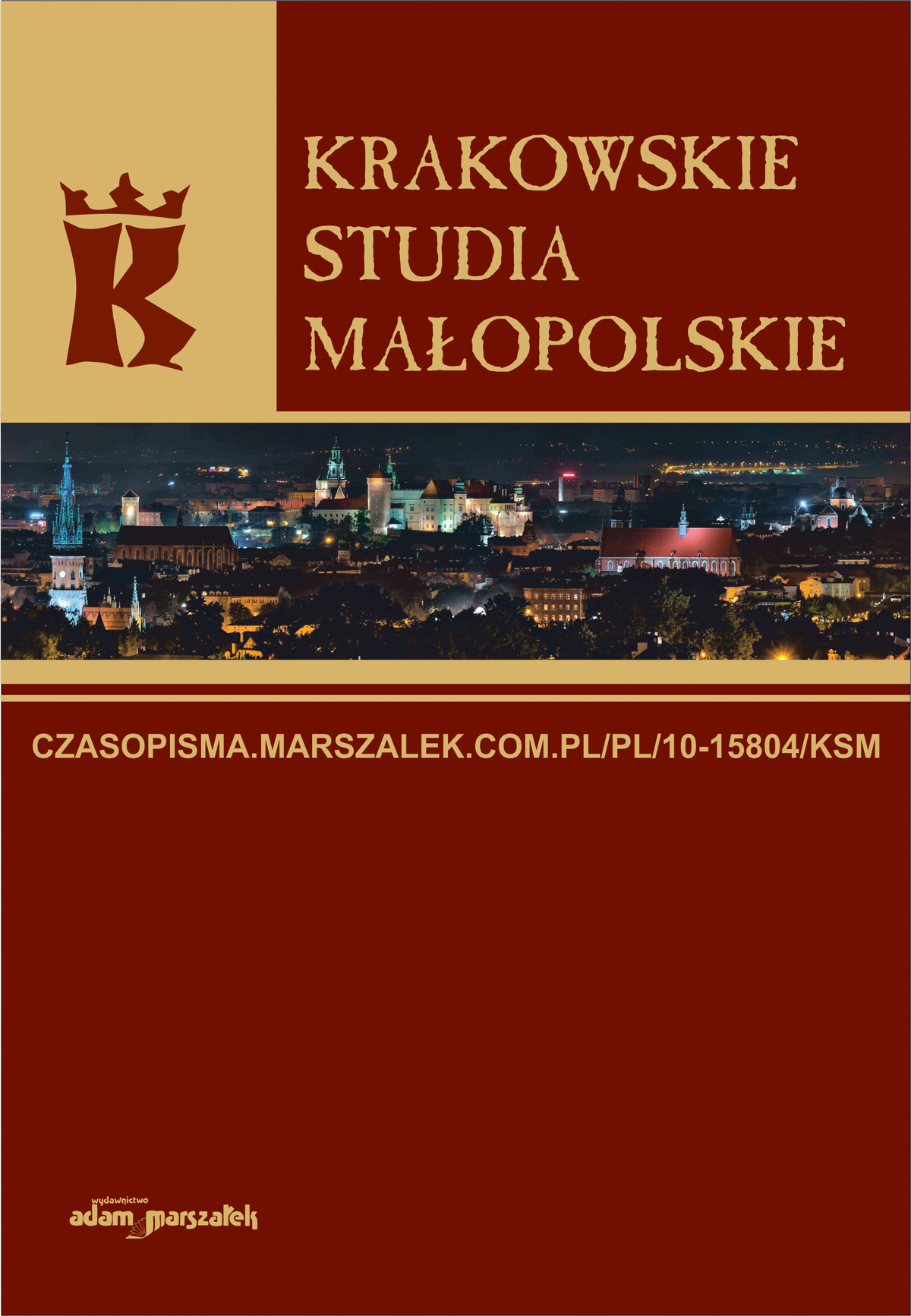Проблеми розмивання та деструкції національної ідентичності
Problems of Building and Destruction of National Identity
Author(s): Tetiana ShershovaSubject(s): Nationalism Studies
Published by: Wydawnictwo Adam Marszałek
Keywords: self-identification; national and cultural identity; false historical memory; folk song practices; folklore; folk song;
Summary/Abstract: The article analyzes different types of identity and finds that both regional, ethnic and national, belong to the territorial identity, and regional is more volatile and unstable iv contrast to ethnic, which, in addition to territoriality involves in its consideration of historical component – memories, memory of ancestors. The article also traces the influence of cultural memory on the formation of national identity. Studies of cultural memory are interdisciplinary in nature and are the subject of reflection in various scientific discourses (historical (F. Aries, J. Lefebvre, P. Nora, F. Fure), culturological (F. Yates, M. Foucault), sociological (M. Halbwax), philosophical (A. Bergson, E. Durkheim, A. Mole), psychological (W. Wordsworth, Z. Freud), etc.). Cultural memory is formed over the centuries and transmits cultural content in the form of texts, images, inscriptions, monuments, rituals, all indicators of tradition. It is a prerequisite for self-identification, as it connects knowledge about the past and present life situation of a particular social group. The issue of cultural memory is an important research issue. Songwriting transforms the cultural memory of Ukrainians and through the emotional component of the song (folklore) forms different types of identity. Mnemics of modus, decoded and incorporated into regional culture, are stable guardians of traditions that are broadcast not only limited territories, but are able to spread to unlimited areas. Thus, regional culture penetrates into various layers of national culture, supplementing and enriching it with cultural meanings. Cultural memory is most vividly formed in the Diasporas, which is explained by the desire to preserve national identity outside the homeland. The ways of expressing identity by folk songs are outlined. National-cultural identity is defined as a sense of belonging to a national community, consideration of one’s personality through the prism of identification with its symbols, values, history and culture. The significance of folk song practices for the formation of national identity is substantiated. Cultural regional identity in modern conditions is characterized. The region covers the history of Ukrainian culture in a new perspective and contributes to the study of individual territorial centers as unique and inimitable units in not only historical, geographical and art aspects, but also is important in cultural discourse. The appeal to primary source, in particular the folk song, makes a mechanism for the preservation of national integrity, transforming through the emotional component of song performance into cultural memory, which forms the identity itself. Cultural memory combined with historical experience will result in national identity and conscious being.
Journal: Krakowskie Studia Małopolskie
- Issue Year: 4/2022
- Issue No: 36
- Page Range: 44-60
- Page Count: 17
- Language: Russian

